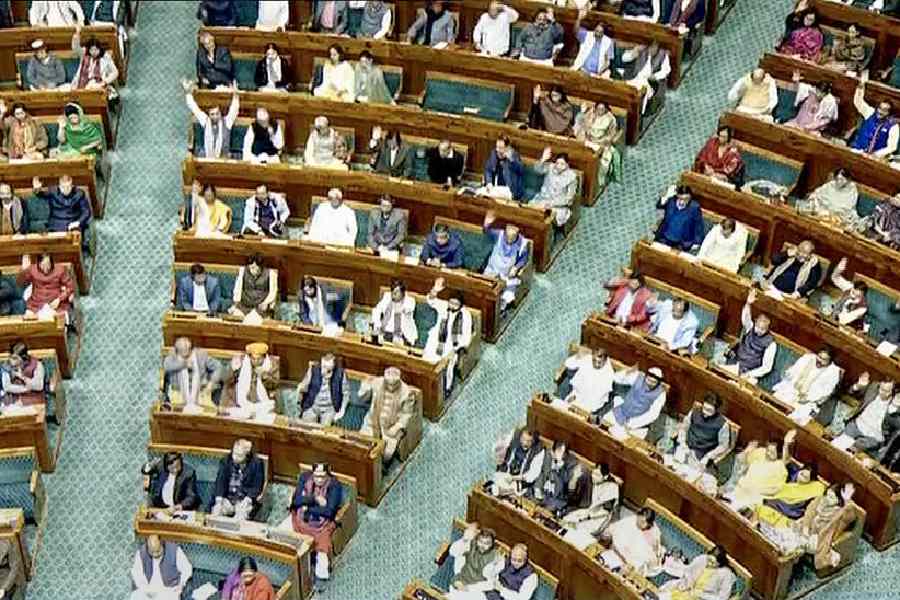Thirteen per cent is better than four, but this is not 1952. Women legislators formed 4.4% of the total number of members of Parliament that year, but in 2024 they are around 13%. The miserliness of the increase is striking. The 74 women members of Parliament this time have even fallen short of the 78 in 2019, although that is probably an accidental difference. The total number of women candidates in the elections is more revealing of the attitude of political parties than the number of winners. Of 8,360 contestants this time only 797 were women, about 10%. Yet 48% of voters are women and surveys show that far more women now vote according to their own choice than in the past. The Bharatiya Janata Party brought in 32 women MPs out of its 69 women candidates, the Congress 13 out of 41 and the Trinamool Congress 11. The TMC’s percentage is the highest party-wise: around 38% of its 29 winners are women. Twelve women contestants were nominated among the 42 seats it fought — around 33%. In all this, the law reserving 33% of seats for women in legislative bodies passed by the Narendra Modi-led government seems more of a stagey flourish; the law is a promise, to be implemented after delimitation following the 2024 elections. So far it looks like an enticing carrot.
India is now behind the Philippines, Vietnam and Pakistan in the representation of women on legislative bodies, its rank 143 among 185 countries according to the Inter-Parliamentary Union’s Parline database. The problem, however, is not simple, political parties are certainly responsible for nominating 33%, perhaps even 50%, of women among their candidates. But that also means women’s participation in politics; whatever the gender bias of parties, they would need to rely on women’s interest and activity in everyday political life. Family structures do not help: women may work, perhaps, for economic need breaches traditional prohibitions, but a further commitment to politics is rarely found. Perhaps that is why women MPs are often personalities well-known in other spheres — actors are a favourite — or wives, daughters and daughters-in-law of male politicians. But reservations would encourage the participation of others; the remarkable success of women in panchayats since reservation is often overlooked. The commitment of political parties should be enough to open the door.










